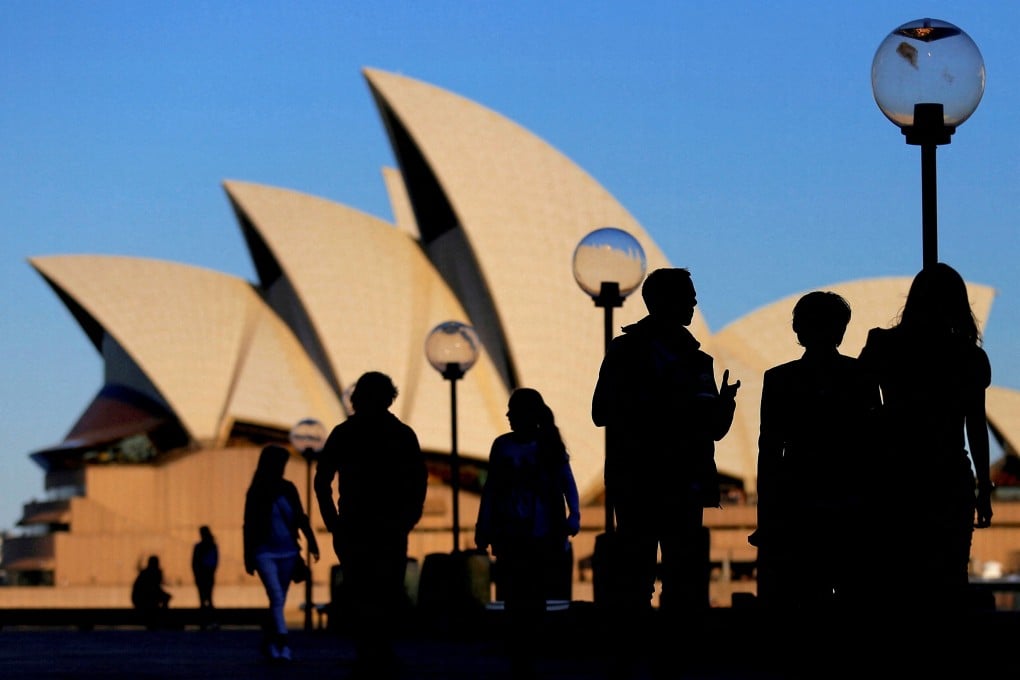Advertisement
Opinion | Across Indonesia, Australia and the world, is the terrorism threat over?
- For Indonesia and Australia, the Bali bomb attacks 20 years ago were transformative in reducing the capacity of terrorist groups
- As traditional terror threats and groups are minimised, far-right and related conspiracy extremism are on the rise, representing a new terror threat
Reading Time:4 minutes
Why you can trust SCMP
1

Eight years after raising the national terrorism threat level, Australia recently lowered it again – from mid-range (probable) to low-range (possible).
Does this mean the threat from terrorism is over?
Few are better placed to answer this than Mike Burgess, Director-General of Security and head of the Australian Security Intelligence Organisation (ASIO) Australia’s domestic intelligence agency.
Advertisement
Burgess is one of the handful of people who can talk openly about his agency’s work. And when he speaks, his words are carefully calibrated and warrant close attention.

In a rare public address in November he told the Australian public that, for the time being at least, they could stop worrying about the threat of a terrorist attack in Australia.
Advertisement
Advertisement
Select Voice
Select Speed
1.00x
